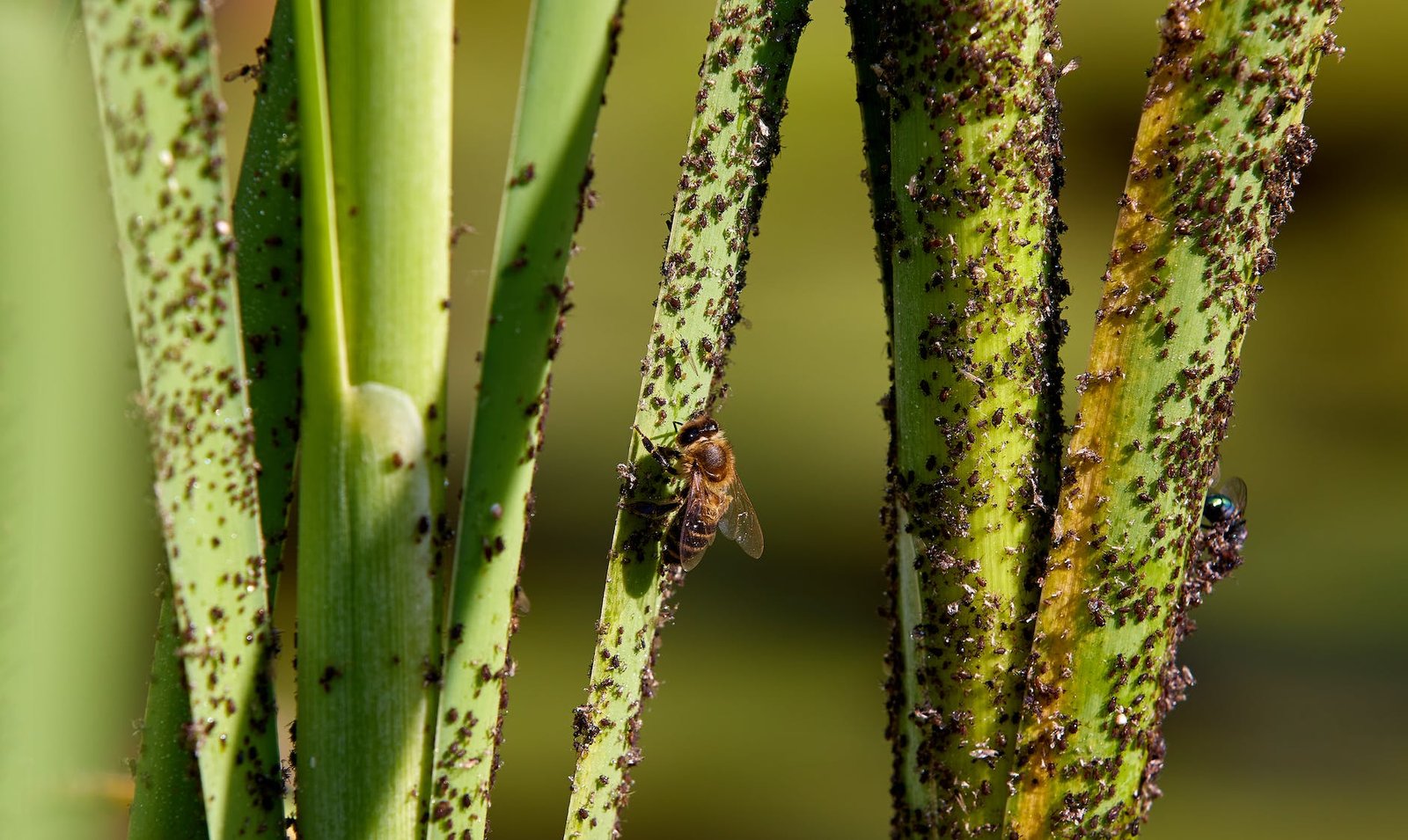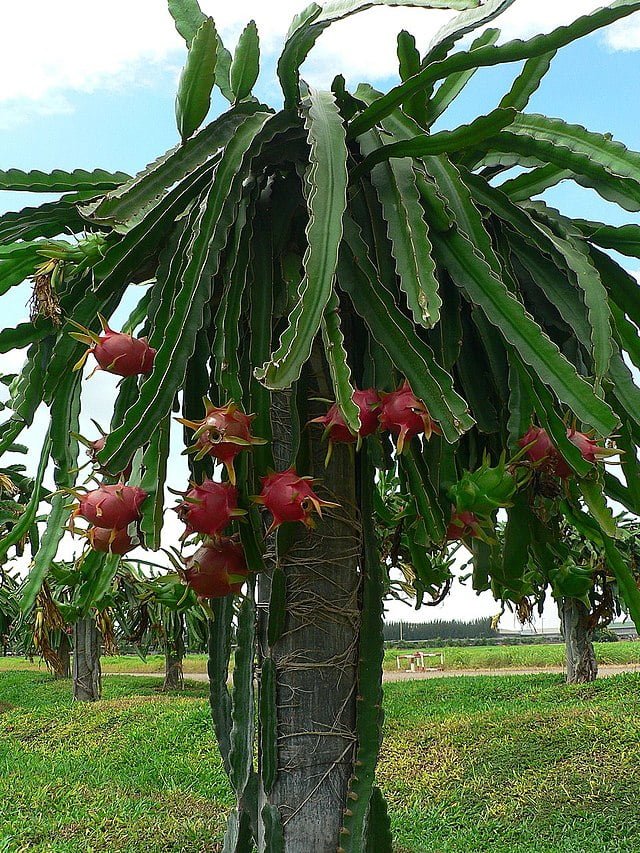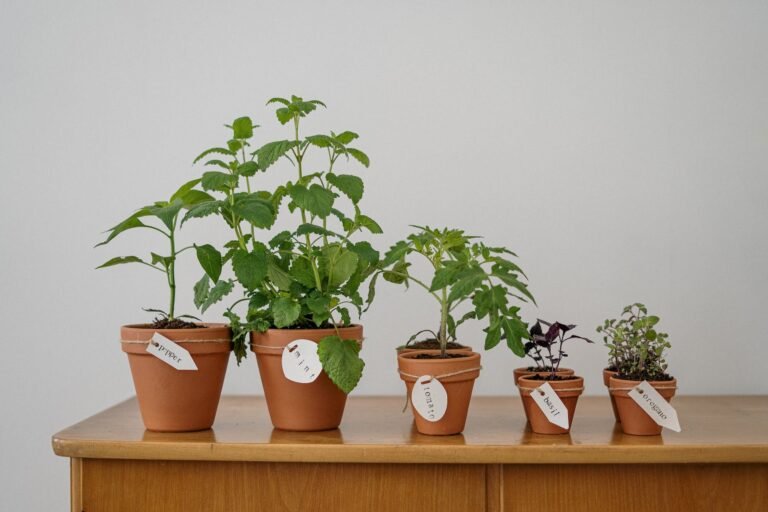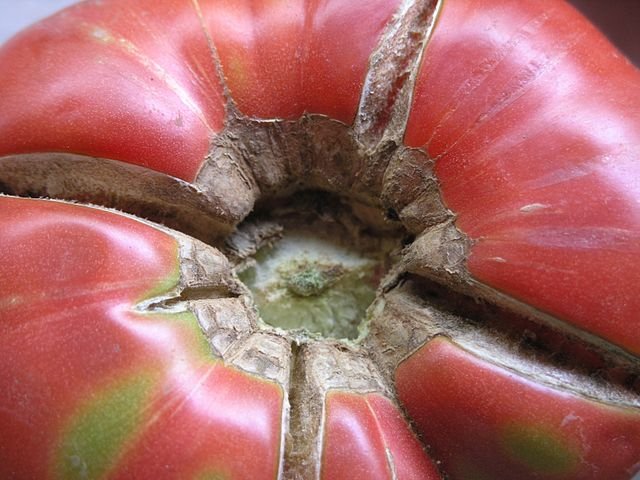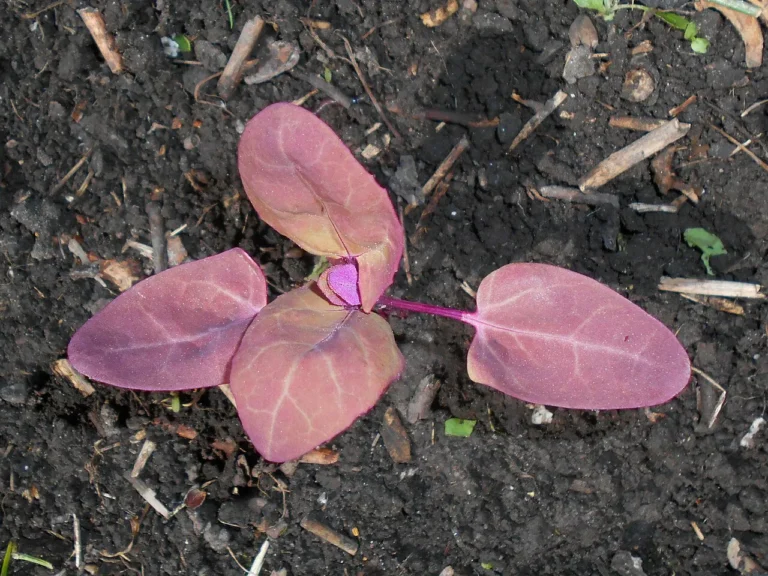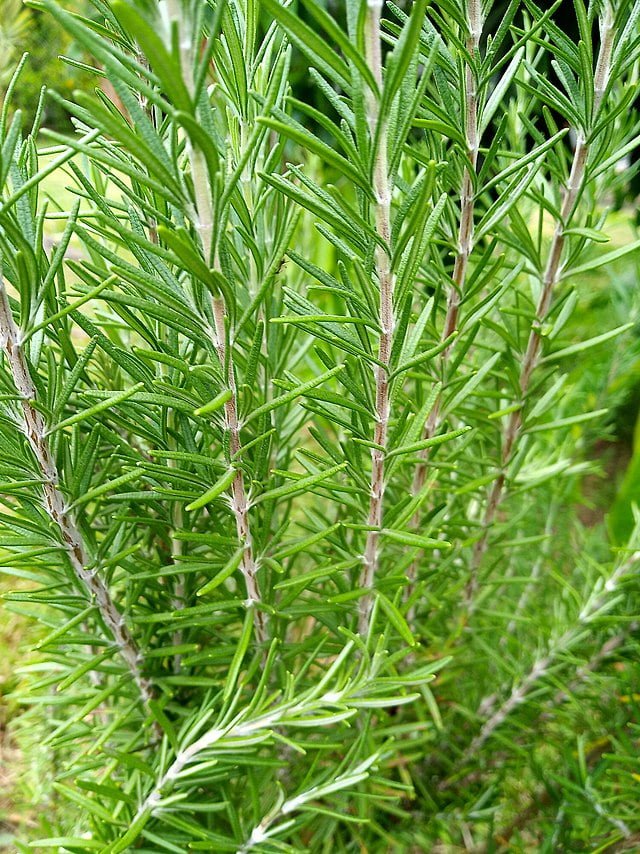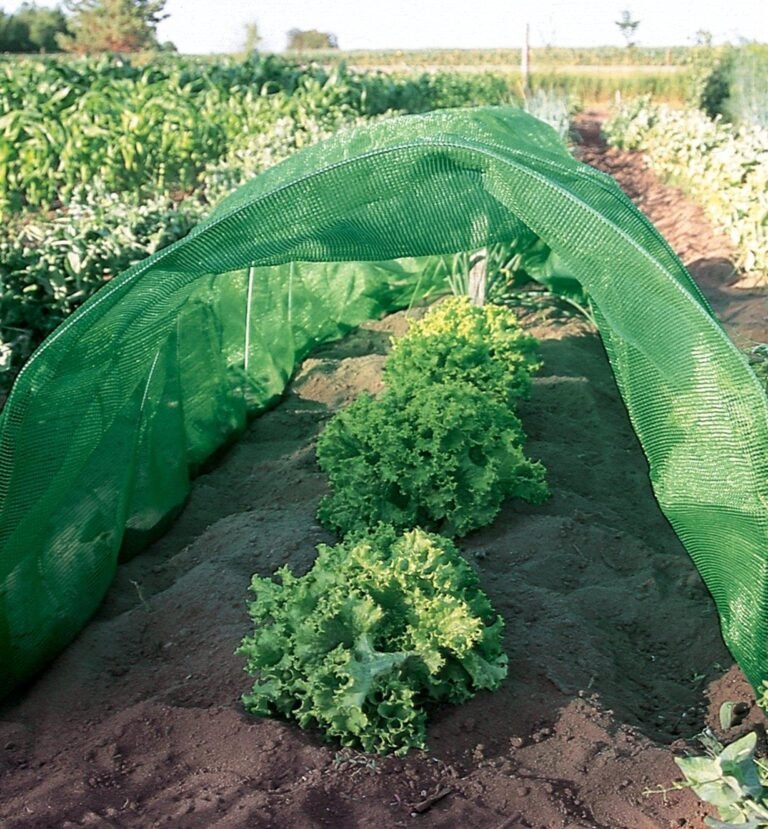Aphids: Small Pests, Big Problems
Gardeners often find themselves in an ongoing battle with pests, and among the most notorious are aphids. These tiny insects might seem harmless due to their size, but their potential to wreak havoc on your plants is considerable. Let’s delve deeper into their world and explore ways to manage them effectively.
Understanding Aphids
Aphids, often called plant lice, are small, soft-bodied insects that use their piercing sucking mouthparts to feed on plant sap. They reproduce rapidly, especially in warm weather, which can lead to large infestations in a short period of time.
The Impact on Plants
Apart from the direct damage due to their feeding, they can also transmit various plant diseases. As they feed, they excrete a sticky substance known as honeydew, which attracts ants and can lead to the growth of sooty mould. This mould can hinder photosynthesis and further weaken the plant.
Identifying Infestations

They typically gather on the undersides of leaves and tender new shoots. They can be green, black, brown, pink, or almost colourless. Common signs of infestation include:
- Sticky honeydew on leaves or under plants.
- Sooty mold fungus that grows on honeydew.
- Curled or distorted leaves.
- Stunted plant growth.
Natural and Organic Control Methods

Using natural predators is an effective way to control pests. Ladybugs, lacewings, and parasitic wasps are among the beneficial insects that feed on aphids. Other methods include:
- Spraying strong jets of water to physically remove aphids from plants.
- Applying neem oil, insecticidal soaps, or horticultural oils that suffocate aphids.
Chemical Control Measures
Chemical pesticides should be a last resort due to their potential impact on beneficial insects and the environment. If populations are high, consider:
- Systemic insecticides, which are absorbed by plants and can provide longer-lasting control.
- Contact insecticides, which kill on contact but may require multiple applications.
Preventative Practices
Preventing infestations involves regular garden maintenance and monitoring:
- Inspect plants frequently for early signs of activity.
- Encourage a healthy ecosystem in your garden by planting a variety of species that attract beneficial insects.
- Avoid over-fertilizing, as high nitrogen levels promote aphid reproduction.
Impact on Plant Health
Aphids can weaken plants, making them more susceptible to other pests and diseases. After addressing an infestation, help plants recover by:
- Providing them with adequate water and nutrients.
- Pruning any heavily infested or damaged areas.
Advanced Topics in Pest Management
Stay informed about the latest in pest control:
- Explore the use of biological controls like introducing specific natural predators.
- Keep up with new research on resistant plant varieties or breakthroughs in eco-friendly pesticides.
Natural Aphid Predators
Beneficial insects play a vital role in keeping aphid populations under control. Some of the natural enemies of aphids include:
- Ladybugs: Both adult ladybugs and their larvae feed on aphids.
- Lacewings: The larvae of lacewings are avid aphid consumers.
- Hoverflies: While adult hoverflies feed on nectar, their larvae are aphid predators.
Managing Aphids in the Garden
- Neem Oil: A natural remedy, neem oil disrupts the life cycle and deters them from feeding.
- Soapy Water Spray: A mix of mild dish soap and water can be sprayed on aphids to suffocate them. Ensure you rinse the plants with clean water a few hours after application.
- Companion Planting: Some plants, like marigolds and chives, repel, while others like nasturtium can act as “trap crops,” attracting them away from more valuable plants.
- Regular Inspections: Early detection is key. Regularly inspect the undersides of young leaves and stems. If you spot a few, they can often be washed off with a strong jet of water.
Frequently Asked Questions About Aphids in the Garden
Additional Resources for Managing Aphids
1. University of California Statewide Integrated Pest Management Program
- Website: UC IPM Online
- Description: Provides detailed pest management information, including identification, life cycle, and comprehensive control strategies.
- Usefulness: Excellent for gardeners looking for in-depth scientific information and integrated pest management techniques.
2. Gardening Know How – Controlling Aphids in the Garden
- Website: Gardening Know How
- Description: Offers practical advice and home remedies, including recipes for homemade sprays.
- Usefulness: Great for DIY solutions and organic gardening approaches.
3. RHS – Dealing with Aphids
- Website: Royal Horticultural Society
- Description: This resource provides guidance on identifying and managing aphids, with a focus on prevention and organic remedies.
- Usefulness: Helpful for gardeners in the UK and similar climates, offering tips on natural aphid control and chemical options when necessary.
4. Planet Natural Research Center – Aphid Control
- Website: Planet Natural
- Description: Features organic products and methods for dealing with aphids effectively without harming the environment.
- Usefulness: Ideal for those seeking eco-friendly pest control solutions.
Final Thoughts

Managing aphids in the garden requires a combination of vigilance, proactive practices, and sometimes, intervention with natural or chemical treatments. By understanding their nature and implementing effective control strategies, gardeners can protect their plants and promote a healthy, thriving garden environment.

